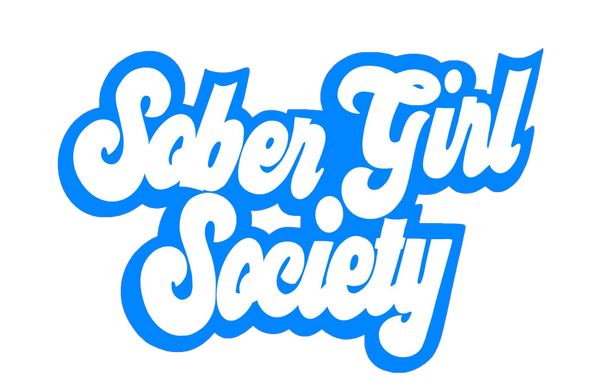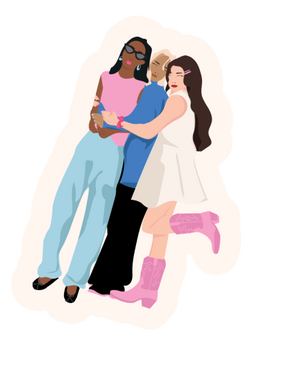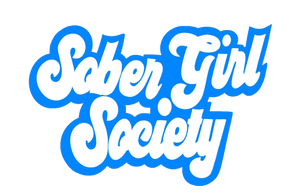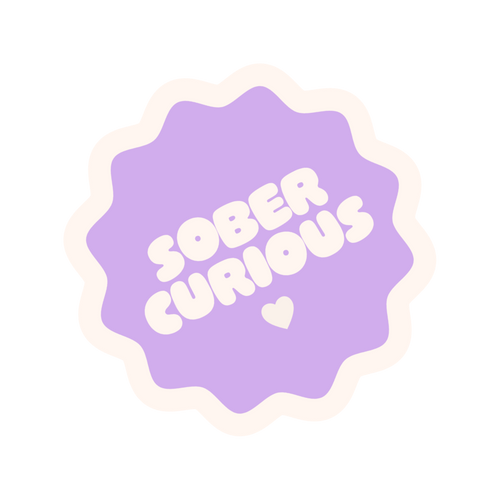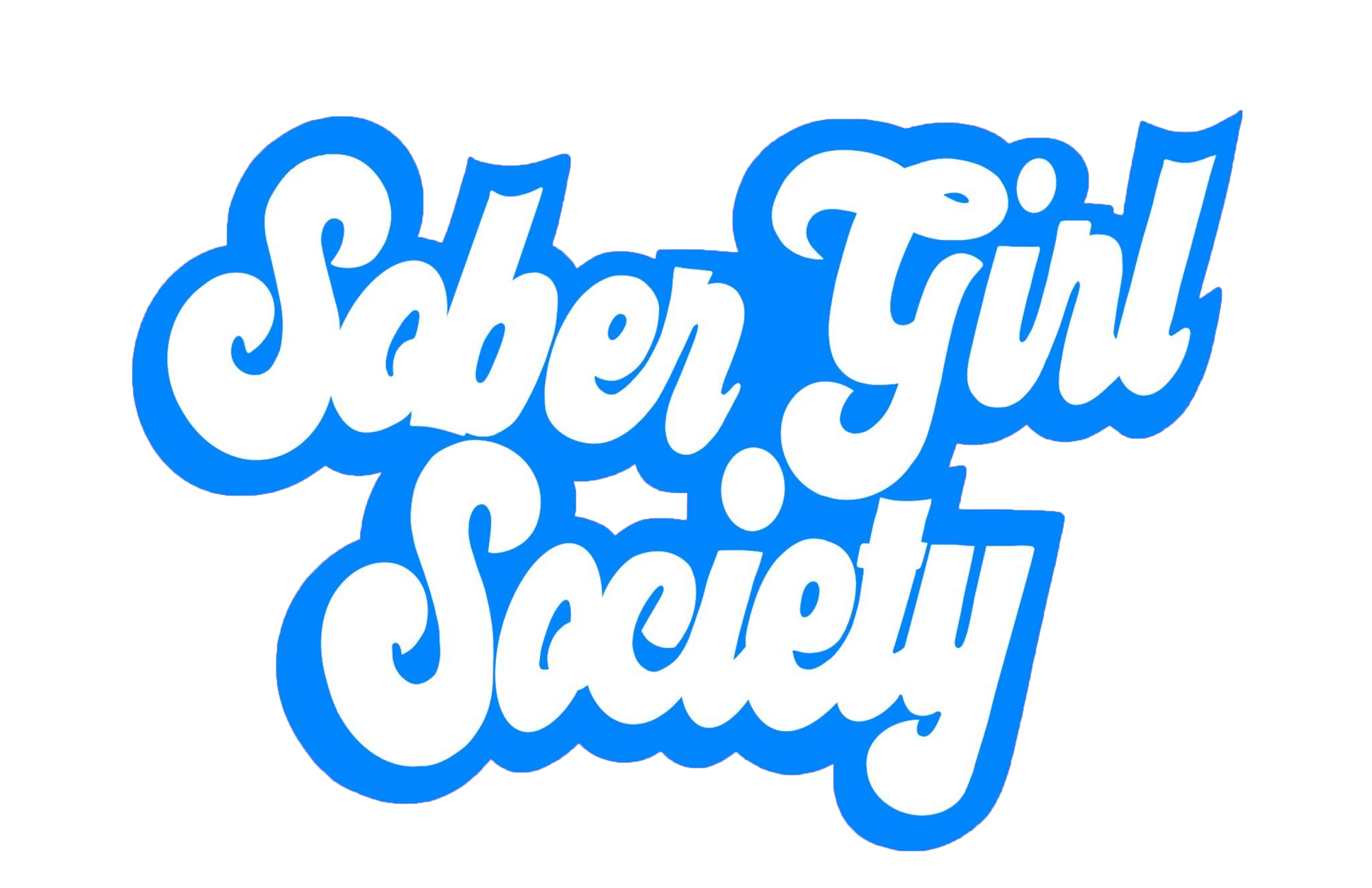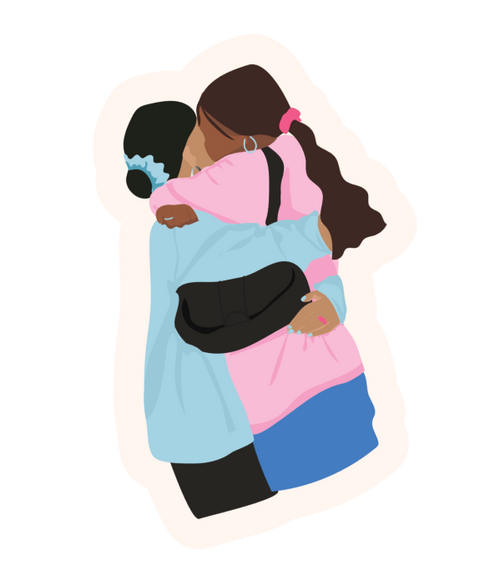Sobriety and the Lifelong Arc of Trauma
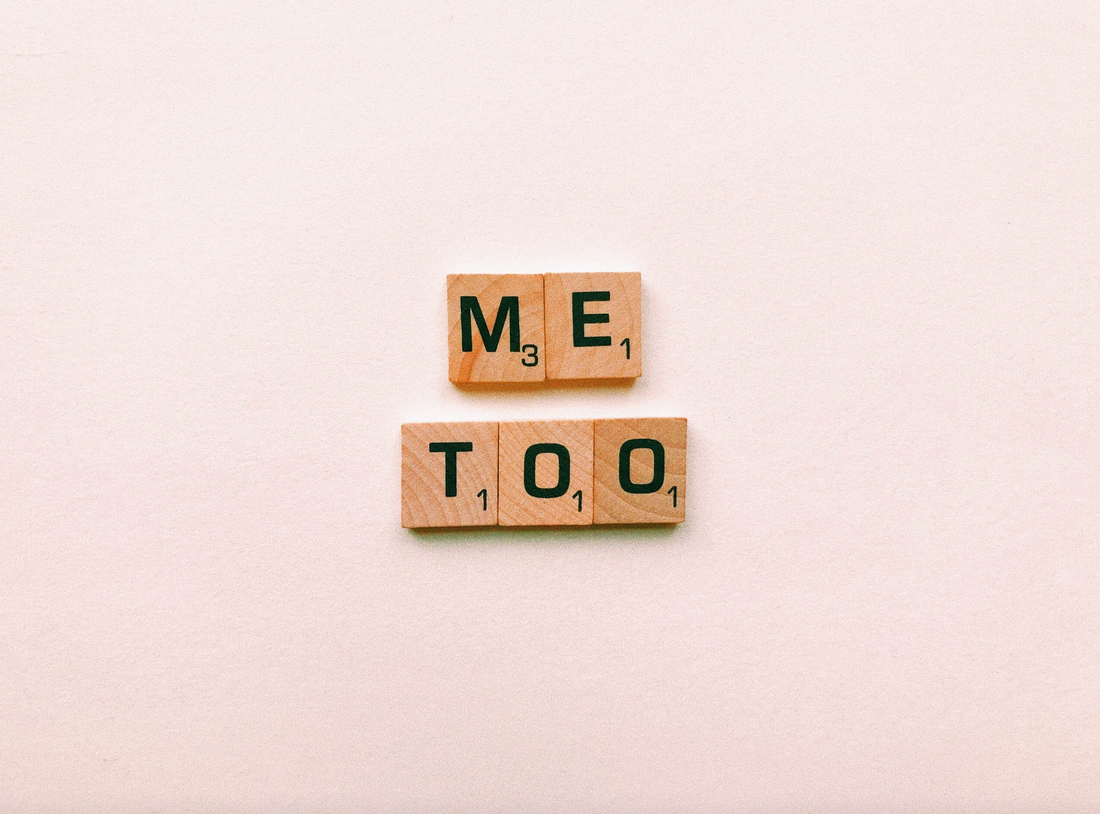
Trigger warning: mention of sexual assault/rape
Thirty-three years ago, on Easter Sunday I was in a hospital room having a rape exam performed on my prepubescent twelve-year-old body. That single event catapulted me into a ten-year battle with drugs and alcohol as a means to cope with the guilt, shame, pain, and confusion. I was lost emotionally and did not know how to grapple with such a huge violation. So, I numbed out that night that conjured only memories of horror and pain and the many nights after that also lead to more traumatic experiences. When I found recovery in 1997, or I should say, when I did not die from a brutal suicide attempt and recovery found me, I knew that I had to begin to make different choices in my life. I went to a rehabilitation facility, but they were not trauma informed, in fact, they gave zero space or consideration to the fact that my substance use stemmed directly from this traumatic childhood incident and the traumas that followed in my using history. No one made the vital connection that these events were all interrelated to my desire to use.
The lifelong arc of trauma
The truth that most people cannot understand about surviving sexual abuse is that it never fully goes away. But society’s expectations are vastly different, adding undue pressure on survivors. Fueled by my addiction, I allowed many visitors unfettered access to my body, devoid of the understanding that it wasn’t mandatory or obligatory. It would be years before I would comprehend that my body was mine not just something to be had; that I held ownership of it and could say “No” and have that small word honored.
At times during my recovery, I would be so hard on myself, thinking that after all these years it should be a thing of the past, something I am simply over, yet I continued to experience the aftermath of it. It crept up on me like a familiar shadow that I wished I could shake off. It rose out of the deepest parts of my skin to the surface and made me feel itchy, uncomfortable.
Through writing and finding an excellent trauma therapist, I realized that cure to my disease and unrest laid within the pieces of my traumatic past. I had to start pulling them out of the dark places inside of me where I kept them and place them out in front of me. One by one, trauma after trauma, feeling after feeling-I slowly began to piece them all together and they revealed the solution.
If I found new ways to cope, new methods of dealing with these horrible things that had happened to me, then maybe, just maybe I would no longer have the desire to run from them. And so, I went about the very hard business of feeling, revealing, dealing and it worked. It was painful as hell at times. I cried a lot. I screamed, I grieved, I gave myself permission to admit the harm that was done to me and I forgave myself for all the harm I had done to myself and others in response. I was brutally honest with myself and I dug deep into the pits of despair inside myself and began turning lights on inside myself. Lights of hope, healing and freedom. I no longer have the desire to use drugs and alcohol over my past traumas. That does not mean it is easy or forgotten.
Intimacy can be an elusive concept to many survivors of sexual violence and to many women in early recovery; a tangled web of confusion, harm, pleasure and pain. The lifelong arc of trauma means that sometimes intimacy feels safe like home and other times it feels like blades driving out of flesh.
The thing I want every single survivor out there to know is this, it is possible to fully engage love and intimacy in the aftermath of assault and addiction. It takes patience, kindness, understanding and vigilance on our part and the part of whomever we partner with but when you put the work into it, like all things in recovery-it works.
Written by Jennifer Storm
Jennifer Storm is an award-winning victim’s rights expert, advocate, and best-selling author of multiple books. For more information about Jennifer Storm, visit jenniferstorm.com. Connect with her on Facebook, Twitter, and Instagram. Her two new books Blackout Girl: Tracing My Scars from Addiction and Sexual Assault, With New and Updated Content for #MeToo Era and Awakening Blackout Girl: A Survivors Guide for Healing from Addiction and Sexual Trauma are available now at all book retailers.
